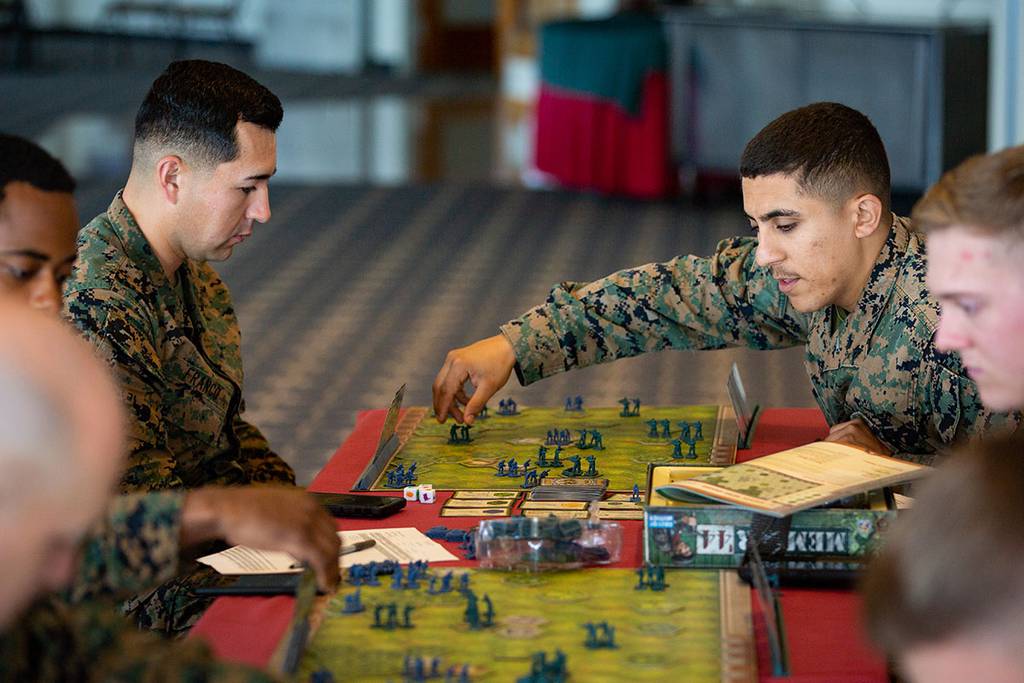War games and simulations play a crucial role in military planning and strategy by allowing military leaders to test out different scenarios and tactics in a controlled environment. These simulations, such as tabletop exercises and computer simulations, help to identify weaknesses in plans, improve decision-making skills, and enhance teamwork among military personnel. By utilizing war games, military planners can shape their strategies more effectively, exploit enemy weaknesses, and prepare for the chaos of real-world conflicts. With advancements in technology, war games are becoming more sophisticated and realistic, using virtual reality, augmented reality, and artificial intelligence to create immersive and challenging simulations. Overall, war games continue to be an invaluable tool for military planning and strategy development.
War Games and Military Planning
War games and simulations have long been a key tool in military planning and strategy. These simulations allow military leaders to test out different scenarios and strategies in a safe and controlled environment before implementing them in the real world. By using war games, military planners can anticipate the various outcomes of different tactics and make informed decisions about how to proceed in a battle or conflict.
Types of War Games
There are several different types of war games that military planners use to shape their strategies. One common type of war game is a tabletop exercise, where participants use maps, models, and charts to simulate a battle or conflict. These tabletop exercises allow participants to visualize the battlefield and plan out their moves accordingly. Another type of war game is a computer simulation, where participants use computer programs to simulate battles and conflicts. These simulations allow for a more detailed and realistic portrayal of the battlefield and can test out complex strategies and tactics.
Benefits of War Games
War games offer several benefits to military planners. First and foremost, war games allow military leaders to test out different strategies and tactics in a safe and controlled environment. By simulating battles and conflicts, military planners can identify potential weaknesses in their plans and make adjustments accordingly. War games also help to build teamwork and collaboration among military personnel, as participants must work together to achieve their objectives in the simulation. Additionally, war games can help to improve decision-making skills and critical thinking among military leaders, as they must analyze different scenarios and make quick and informed choices.
Impact on Military Strategy
War games have a significant impact on military strategy. By using simulations to test out different scenarios, military planners can identify the most effective strategies and tactics to use in a battle or conflict. War games also help to identify potential weaknesses in an enemy’s strategy, allowing military leaders to exploit these weaknesses and gain an advantage on the battlefield. Additionally, war games can help to prepare military personnel for the chaos and uncertainty of real-world conflicts, as participants must make quick decisions and adapt to changing circumstances during the simulation.
Current Trends in War Gaming
With the advancements in technology, war games are becoming increasingly sophisticated and realistic. Virtual reality and augmented reality technologies are being used to create immersive and realistic simulations of battles and conflicts. These technologies allow military planners to simulate complex scenarios and test out new strategies in a more detailed and interactive environment. Additionally, artificial intelligence is being used to create realistic opponents in war games, making the simulations more challenging and unpredictable for participants.
Conclusion
War games have long been a key tool in military planning and strategy. By using simulations to test out different scenarios and strategies, military leaders can make informed decisions about how to proceed in a battle or conflict. War games help to build teamwork and collaboration among military personnel, improve decision-making skills, and identify potential weaknesses in enemy strategies. With the advancements in technology, war games are becoming increasingly sophisticated and realistic, allowing military planners to simulate complex scenarios and test out new strategies in a safe and controlled environment.
